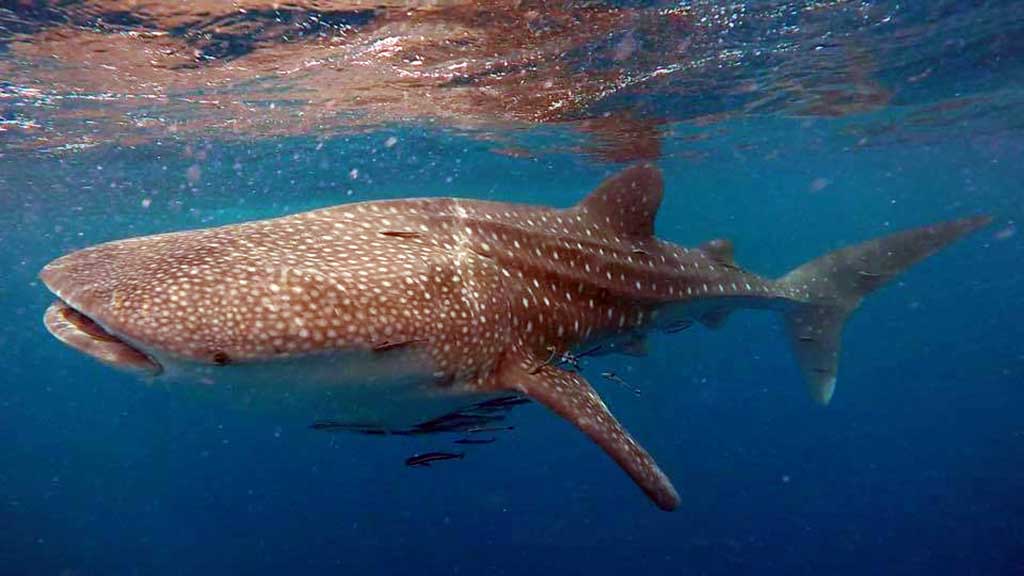Divers are drawn to the island of Ko Tao by its marine environment, pretty coral reef and abundant marine life, not to mention frequent whale shark sightings, while of course other tourists come here for the beautiful white sandy beaches. In fact tourism is one of the main drivers of the island’s economy, so Ko Tao’s marine conservation efforts are critically important.
While the Thai government does its bit to promote ecotourism, the serious work is being done on a grassroots level by the dive operators themselves.
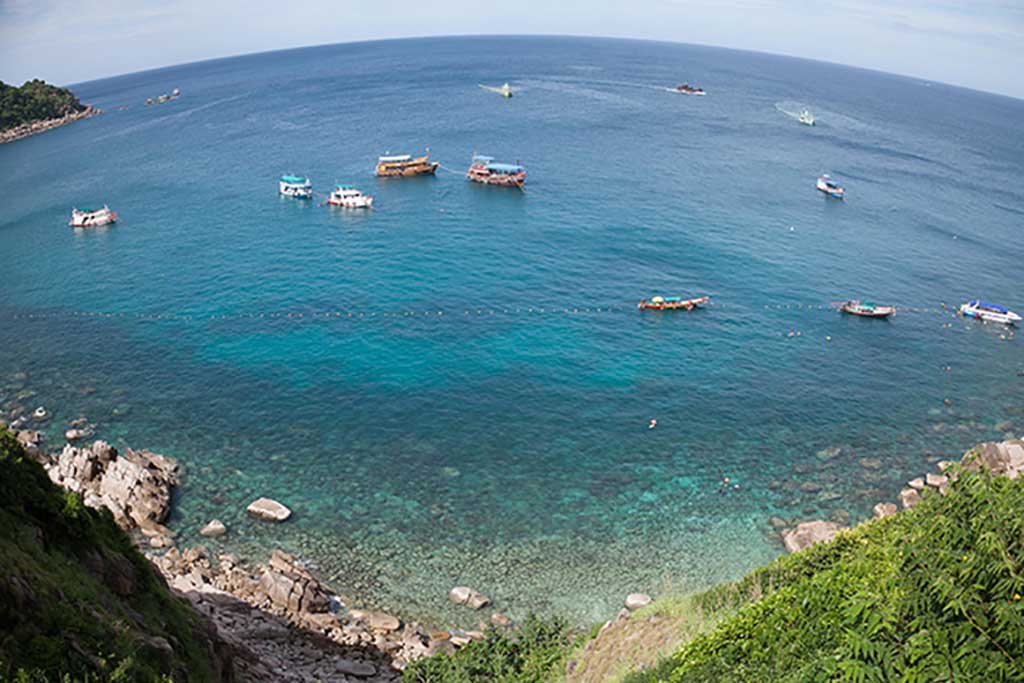
Local tour operators have joined forces and collectively created the ‘5Rs’ dedicated to reducing, reusing, repairing, recycling and rejecting:
- Reduce consumption of fresh raw materials, un-recyclable packaging or any waste producing material
- Reuse or repurpose items that can be used again like glass bottles, boxes or paper
- Repair to fix and reuse an item instead of buying a new one
- Recycle all materials that can be transformed into a new product
- Reject or stop using any item or material that pollutes or harms the environment
Other informal groups include the ‘Save Ko Tao Club’, whose efforts date back to 2000, and advocates eco-friendly products and best practices like refillable bathroom amenities, energy saving lightbulbs, line drying laundry, and using recycled wood in the building and maintenance of resort villas. The Club also captures and uses rainwater, with a filtration system to provide drinking water from the tap that reduces the number of plastic bottles brought to and in use on Ko Tao.
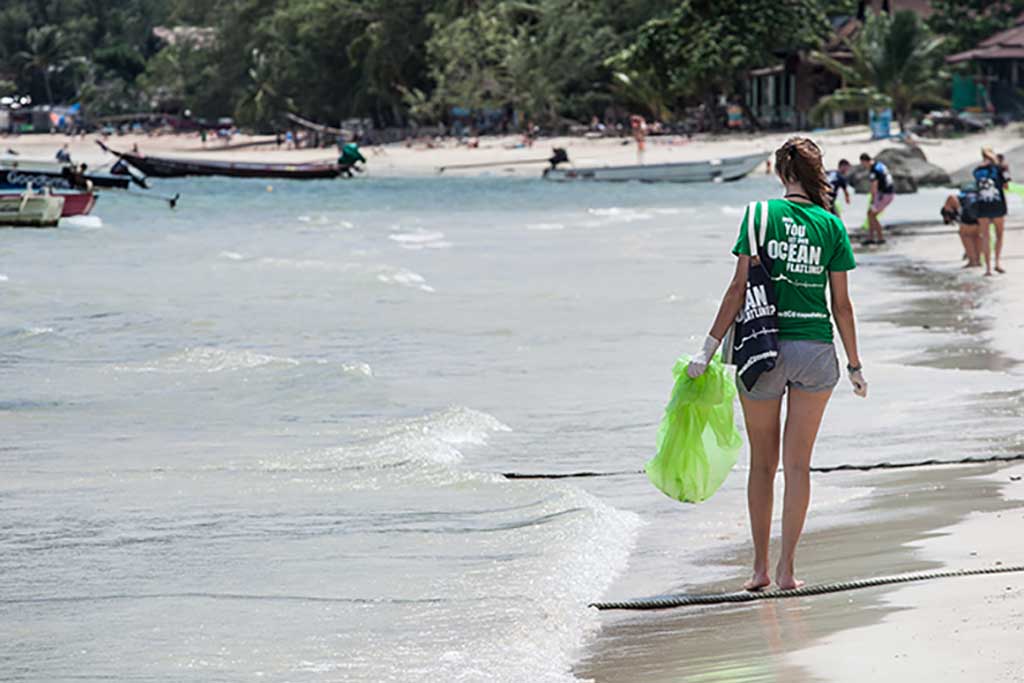
‘Trash Hero’ is a community-based initiative on Ko Tao set up to help remove current waste as well as find ways to reduce future waste by inspiring long-term behaviour change. Trash Hero sets an important example when visitors see its team cleaning up Sairee Beach twice a week.
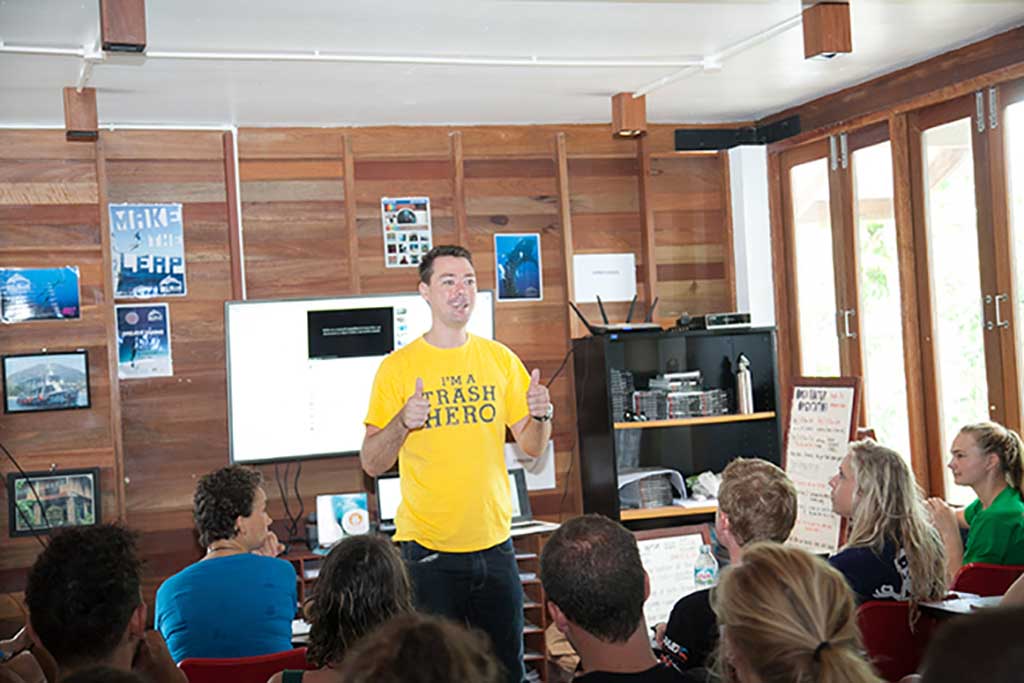
‘Get Involved Ko Tao’ is also a community-based conservation initiative to help preserve the natural resources and environment of Ko Tao. This group of Dive Centres has joined forces to organise a monthly clean-up to remove waste and to courage locals and tourists to ‘get involved’ by saying no plastic straws, cups and bags.
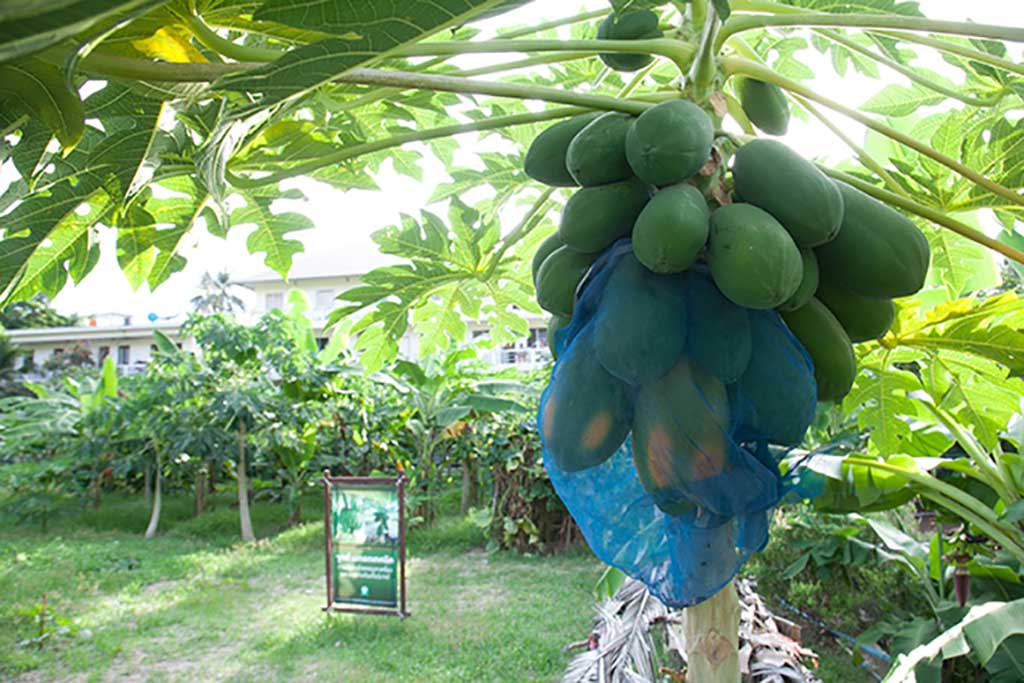
Ban’s Conservation Learning Centre Ko Tao is another community-based conservation initiative, an eco-friendly organisation dedicated to preserving the island’s natural resources. It operates a waste separation plant for recycling paper, aluminium cans, bottles and plastic whilst also managing a dedicated composting area that ferments fat residue into fertiliser by mixing in grass and organic waste.
The Centre has a wastewater treatment plant that processes grey water, so it can be used for plants and vegetable gardens and holds regular workshops to demonstrate simple crafts to reuse waste, such as how to make candles and liquid soap from recyclables.
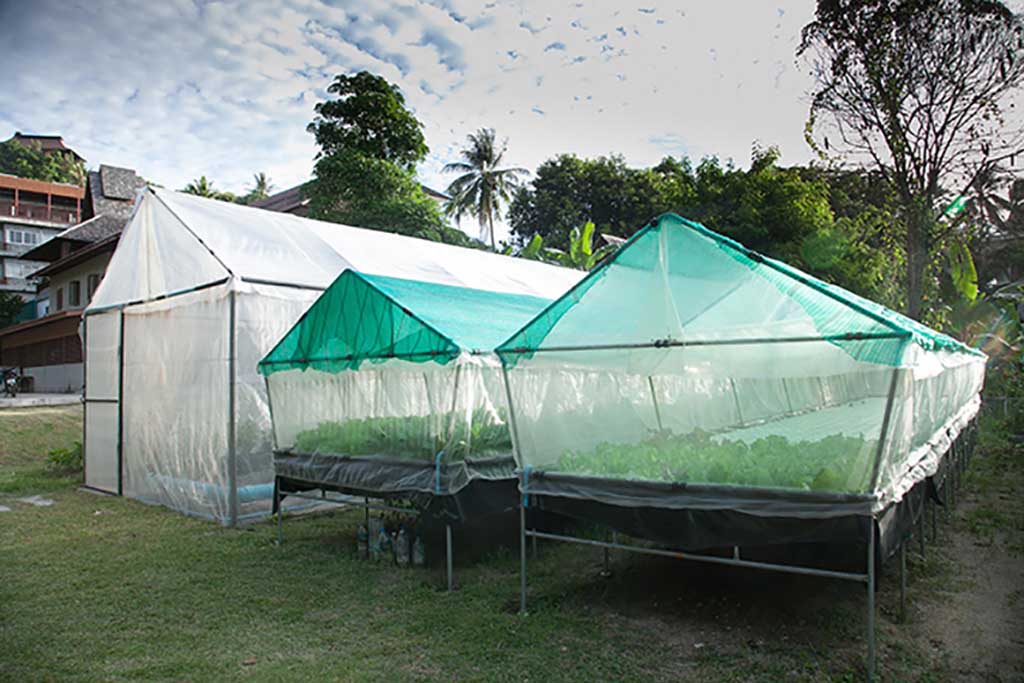
Divers are among the world’s more ecologically aware individuals, so it’s unlikely that the many divers who visit Ko Tao are responsible for trashing the ocean, but like elsewhere in the world, plastic pollution finds its way into the Gulf of Thailand.
Whether it is irresponsible fishermen, passing tourists or ocean born litter settling on the seabed, it is something that cannot be ignored or accepted by the local community. With these ongoing community-based initiatives, let’s hope the island’s marine environment is well-prepared to welcome future generations of divers.
